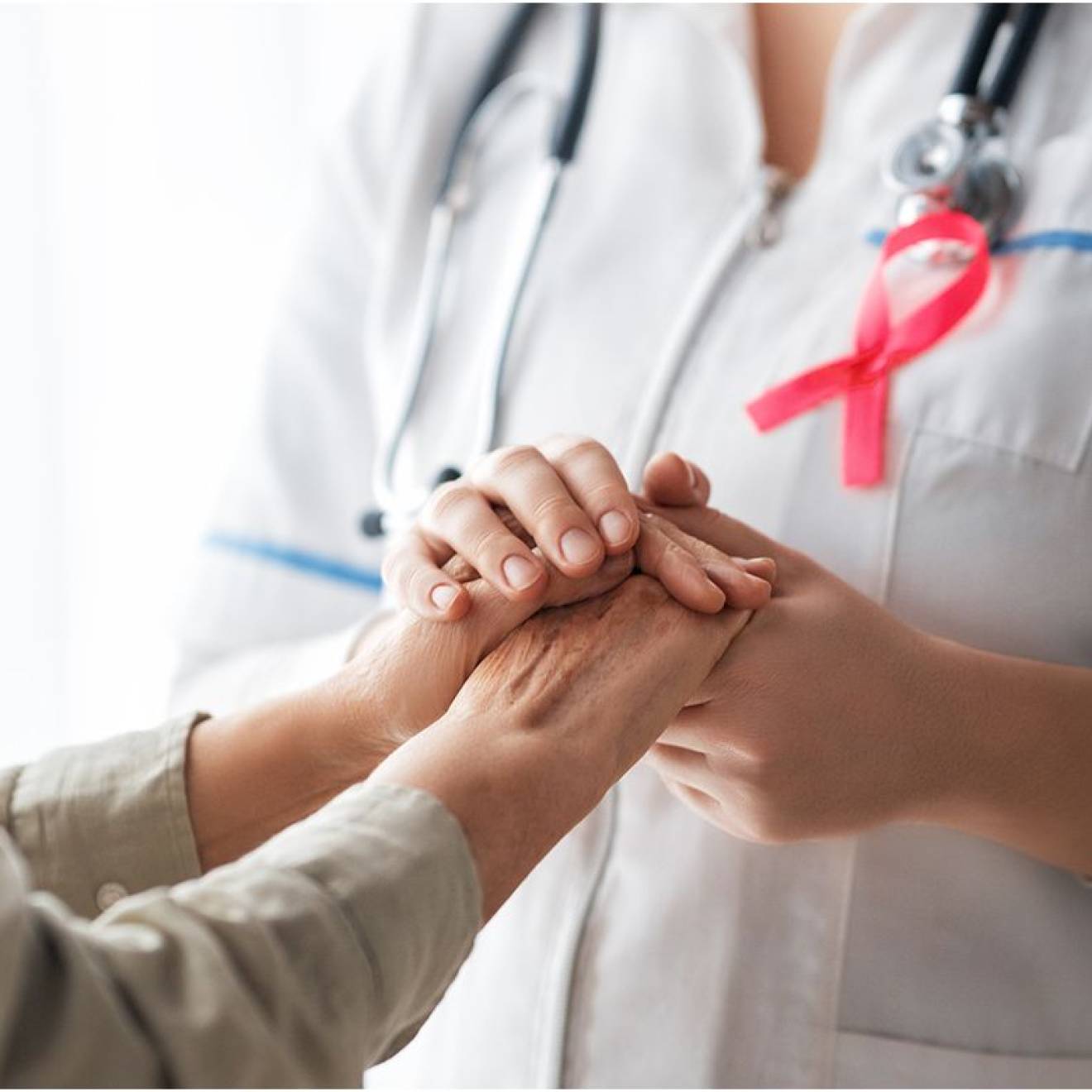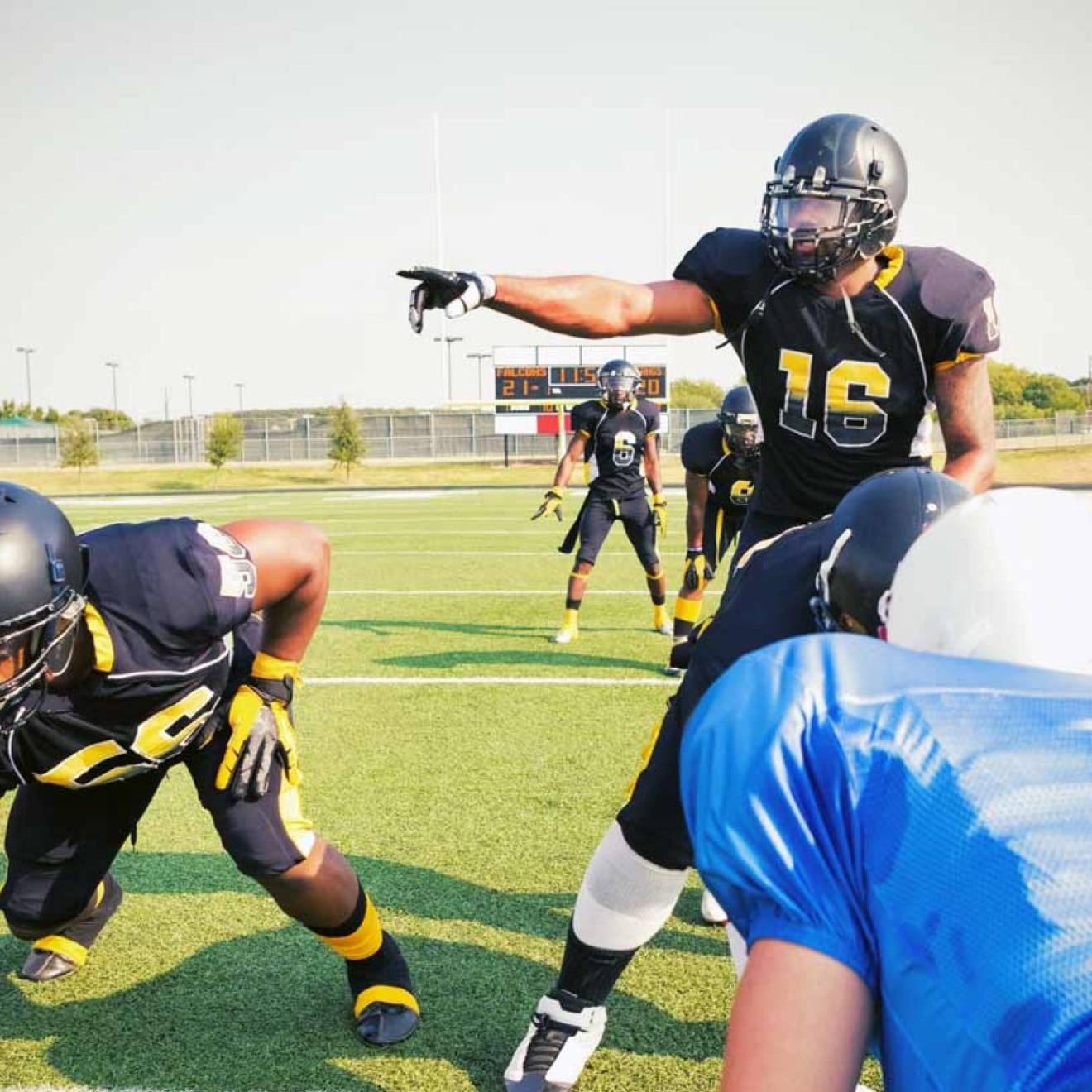Lisa Cisneros, UC San Francisco

For the second consecutive year, UC San Francisco is co-hosting the Precision Medicine World Conference (PMWC), which is being held in January 2017.
Renamed this year from the Personalized Medicine World Conference, the annual forum attracts more than 1,000 recognized authorities and experts to speak about the latest findings across health care, data and biotechnology sectors. It draws an audience of more than 8,000 from across the world as a way to foster collaboration to expand the practice and realize the promise of precision medicine.
Advancing precision medicine is a priority at UC Health and is central to UCSF's advancing health worldwide mission. UCSF faculty lead efforts at the local, state and national levels to use data-driven tools and analysis to develop new diagnostics, therapies and insights into disease. The goal is to make progress in both personal and population health. For example, UCSF, along with UC San Diego, UC Irvine, UC Davis and UC Health, is helping to launch a landmark effort by the National Institutes of Health to engage 1 million or more U.S. participants in research aimed at preventing and treating disease based on individual differences in lifestyle, environment and genetics.
UCSF Vice Chancellor for Science Policy and Strategy Keith Yamamoto is serving as the program chair and will be a keynote speaker at the PMWC, which will be held on Jan. 23 to 25, 2017, in the Computer History Museum in Mountain View.
“PMWC has created an outstanding forum that touches every component of precision medicine and convenes all of its stakeholders,” said Yamamoto, who also is vice dean for research at the UCSF School of Medicine. “I am honored to be part of this experience and to be able to influence the structure and focus of the upcoming PMWC 2017 [Silicon Valley] conference.”
Topics for this year include the California Initiative to Advance Precision Medicine, CRISPR technology, telehealth, human microbiome research, emerging infections, biobanking, population precision medicine and the value of data sharing.
Luminary Awards will be presented at an awards ceremony Jan. 22 to CRISPR pioneer Jennifer Doudna, a UC Berkeley professor of chemistry and molecular and cell biology, and to Edward Chang, a UCSF assistant professor of neurosurgery, for his work as a pioneer in human brain mapping to advance precision neuropathology.
Chang’s research aims to understand the uniqueness of human language by monitoring activity patterns in patients before and during brain surgery. His work has made a major impact in a number of fields, including linguistics, psychology and biomedical engineering. His lab has also established a basic “blueprint” of how the brain allows us to speak and hear by recording and analyzing responses to nearly every speech sound in the English language. He was named the 2015 Blavatnik Laureate in the Life Sciences. Chang received his medical degree and completed his residency at UCSF.
UC speakers include Doudna of UC Berkeley; Nicholas Anderson and David Mills of UC Davis; Lucila Ohno-Machado of UC San Diego; David Haussler and Olena Morozova of UC Santa Cruz; and Kirsten Bibbins-Domingo, Jeffrey Bluestone, Atul Butte, Charles Chiu, Michael Fischbach, Sam Hawgood, Robert Hiatt, India Hook-Barnard, Pui-Yan Kwok, Steve Miller, Kathryn Phillips, Ida Sim, Gregory Tranah, Jonathan Weissman and Yamamoto of UCSF.

